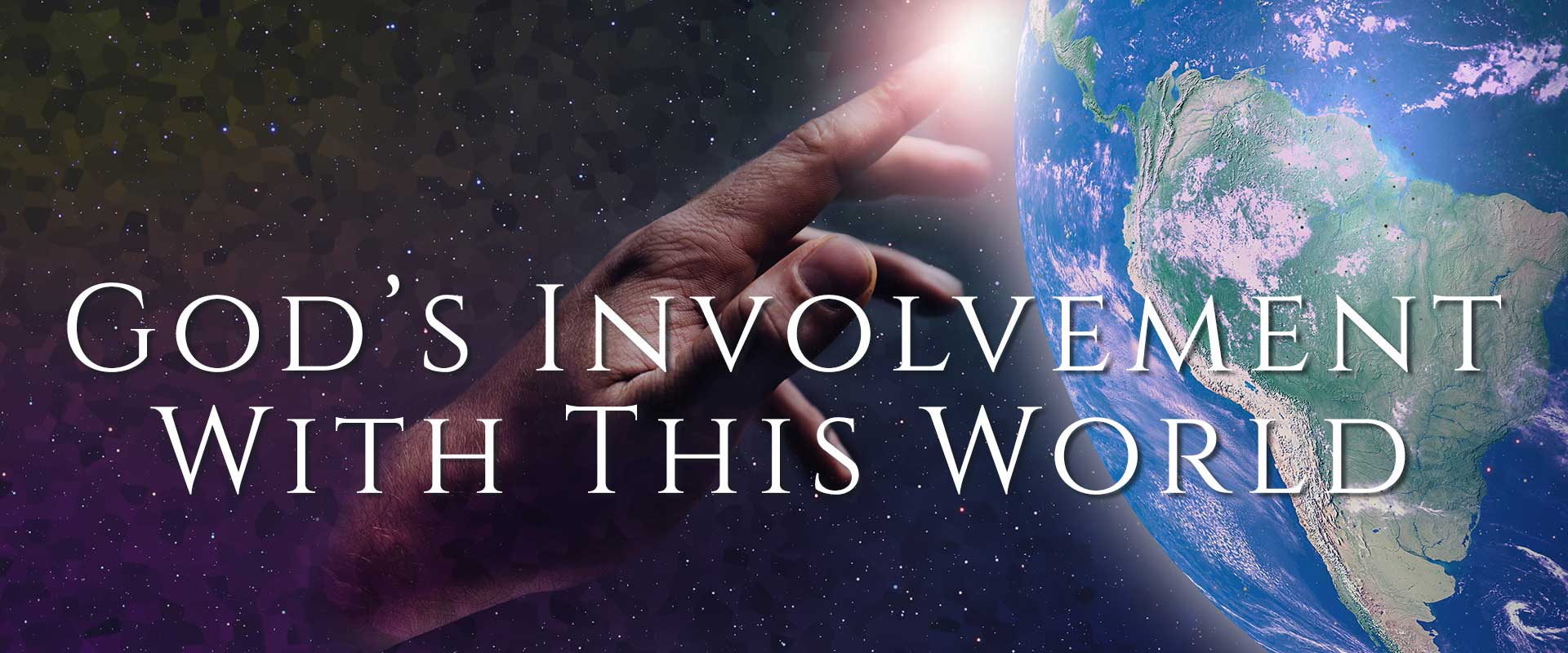Volume II explains how our view of God determines how we understand His involvement with this world. We are not talking about how He created the world but how He interacts with this world and humanity since Creation.
In Section A, we will discuss God’s involvement from the perspective of CCT/CRT. Then, in Section B, we will see what the Bible reveals about God’s involvement with the world. This second perspective will be the perspective that corresponds with FST.
Section C will explain cooperative relationships between God and humanity. We will see that God desires to work with people to fulfill His purposes and goals on the earth.
These discussions will determine our theodicy, a theological term referring to how we explain the goodness and power of God, given the existence of evil and suffering in the world. Theodicy will be discussed in Section D.
Then, in Section E, we will address questions of security and well-being that typically rise when Christians reconsider how God is involved in the world. Finally, in Section F, we will discuss the love of Father-God, which permeates everything God does.
- Section A:
God’s Involvement from the View of CCT/CRT
- Section B:
God’s Involvement from the View of FST
- Section C:
Cooperative Relationships
- Section D:
Theodicy of CCT/CRT and FST
- Section E:
The God of FST Is Greater
- Section F:
The Love of Father-God

In this volume, we will refer to Augustine several times; however, the reader should know that he was inconsistent in his theology on the issues of God’s sovereignty and humanity’s free will. In his earlier writings, Augustine supported ideas about people having free will, e.g., On Free Choice of the Will. In later writings, Augustine emphasized God’s sovereignty to the exclusion of people having free will, e.g., On Predestination of the Saints and On the Gift of Perseverance. So, when referring to Augustine, we will be talking about his theology during the latter part of his life.

Throughout this volume, readers familiar with theology will recognize similarities between FST and Open theism. Open theism is a theological perspective that sees God as having open relationships with people. By “open,” adherents mean that God is open to people’s input, and therefore, some of the future is open. This means some of the future will be formed as a result of cooperative relationships between God and humanity.
We can be grateful to Open theists203 who, in recent years, have labored to introduce the related concepts to the Church. They have forged a smooth path upon which we are able to develop FST.
However, we are distinguishing FST from Open theism because Christian theology should be built around the concept that God is Father rather than building around the idea that God is open to our input. FST is also distinguished from Open theism because we are venturing into many areas that are not usually pursued under the label of Open theism. Although we will agree with the major points of Open theism in this volume, it is too early to tell if Open theists will agree with all the major points of FST.

203: Some modern theologians who are proponents of Open theism include Clark Pinnock, Gregory Boyd, Richard Rice, John Sanders, Thomas Jay Oord, Jürgen Moltmann, Richard Rice, C. Peter Wagner, John Polkinghorne, Hendrikus Berkhof, and Paul Fiddes.↩︎
